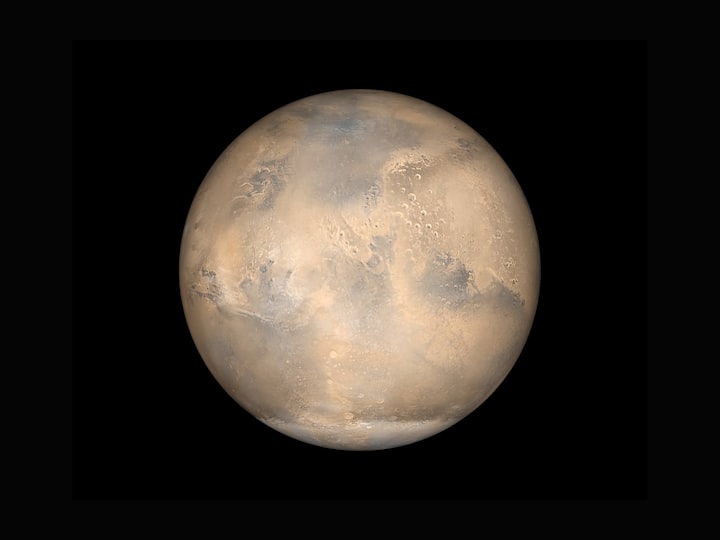A day on Venus is longer than a year on Venus
The Shocking Truth Behind Venus’s Slow Spin: The Influence of Tides and Solar System Formation
Venus, the second planet from the sun, has always been a topic of fascination for scientists and astronomy enthusiasts alike.
From its thick, toxic atmosphere to its hellish surface temperatures, there is much about this planet that sets it apart from Earth.
But did you know that a day on Venus is longer than a year on Venus?
In this blog post, we will explore this strange phenomenon and what it tells us about the nature of our solar system.
Overview of Venus and its Characteristics
Venus is the second planet from the sun, located approximately 41 million kilometers (25 million miles) closer to the sun than Earth. This close proximity to the sun has a significant impact on Venus’s atmosphere and surface conditions.
With a thick, toxic atmosphere composed mostly of carbon dioxide and nitrogen, Venus experiences extreme temperatures that can reach up to 460°C (860°F), making it one of the harshest environments in our solar system. Its surface is dotted with volcanoes, mountains, and vast plains, and is constantly reshaped by ongoing geological activity.
In terms of size and mass, Venus is very similar to Earth. It is the sixth largest planet in our solar system and has a mass that is approximately 82% of the Earth’s mass. Despite these similarities, Venus is a unique world with its own unique set of characteristics and conditions.
The Length of a Day and a Year on Venus
A day on Venus, also known as a “sideral day,” is defined as the time it takes for the planet to complete one full rotation on its axis. A year on Venus, on the other hand, is defined as the time it takes for the planet to complete one orbit around the sun.
The length of a day on Venus can be measured by observing the amount of time it takes for features on its surface to return to a specific location as the planet rotates. The length of a year on Venus is measured by tracking the planet’s position in its orbit relative to the sun over time.
When compared to Earth, a day on Venus is significantly longer, with a length of approximately 116.75 Earth days. On the other hand, a year on Venus is shorter than on Earth, with a length of approximately 225 Earth days. This means that a single year on Venus is equivalent to approximately 1.92 Venusian days. This unique characteristic makes Venus an interesting subject of study for scientists who seek to understand the complex mechanics of our solar system.
Why a Day on Venus is Longer than a Year on Venus
The reason why a day on Venus is longer than a year on Venus can be explained by the interplay between the planet’s rotation and revolution. Venus rotates very slowly on its axis, taking nearly 117 Earth days to complete one full rotation. This slow rotation is due to a number of factors, including the influence of tides and the effects of solar system formation.
The influence of tides refers to the way in which the gravitational pull of the sun and other celestial bodies can slow down or speed up the rotation of a planet. On Venus, the gravitational pull of the sun has likely slowed down the planet’s rotation over time, contributing to the length of a day on Venus.
The effects of solar system formation refer to the way in which the early solar system was formed and the subsequent interactions between the sun, planets, and other celestial bodies. These interactions may have played a role in slowing down the rotation of Venus and contributing to the length of a day on the planet.
In conclusion, the length of a day on Venus is longer than a year on Venus due to a combination of factors, including the planet’s slow rotation, the influence of tides, and the effects of solar system formation. Understanding these factors can give us a deeper insight into the unique characteristics of Venus and the mechanics of our solar system.
Conclusion
In conclusion, the length of a day and a year on Venus is truly a marvel of our solar system.
This phenomenon not only showcases the unique characteristics of Venus, but also highlights the complex interplay between the planet’s rotation, revolution, and gravitational interactions.
Understanding the length of a day on Venus is just one small piece of the larger puzzle that scientists are trying to piece together about this mysterious planet.
But with each new discovery, we gain a deeper appreciation and understanding of the amazing universe that surrounds us.
---
Hey there! Are you looking for inspiration and motivation in your daily life? Look no further! I am excited to share my thoughts and experiences through my short articles. I believe that we can all learn from one another, and I am eager to share my perspective with you.
By subscribing to my content, you’ll have access to a wealth of knowledge and inspiration. Whether you’re looking to improve your relationships, career, or overall well-being, I have something for you.
And if you want to support my efforts, you can enroll in Medium membership with my referral link. You will get unlimited access to Medium stories and I will earn a small commission
https://medium.com/@patrickjamesnc/membership
You can also support me by a generous donation through PayPal https://paypal.me/patrickjamesnc
So, take a moment to sit back, relax, and enjoy the read. If you found value in my words, don’t forget to follow me and give a like. You’ll be the first to know when I have new content.
Thanks for your support,
-Patrick
About the Creator
@patrickjamesnc
Teacher, father &, married, with degrees in psychology, criminology, neuro-linguistic programming & sophrology, I voluntarily write short articles about life.
Consider following me if my posts can help you to have a better and positive life.







Comments
There are no comments for this story
Be the first to respond and start the conversation.